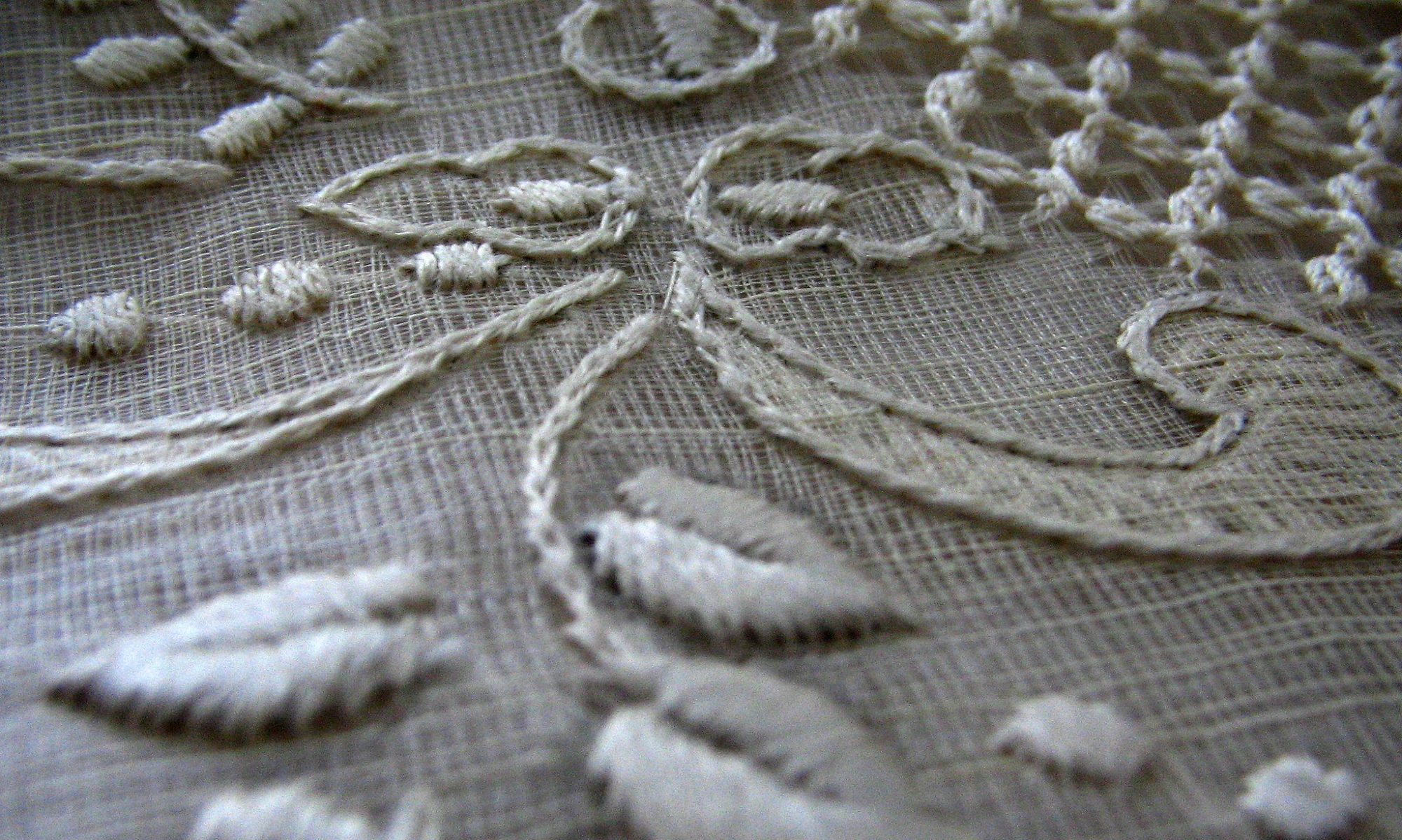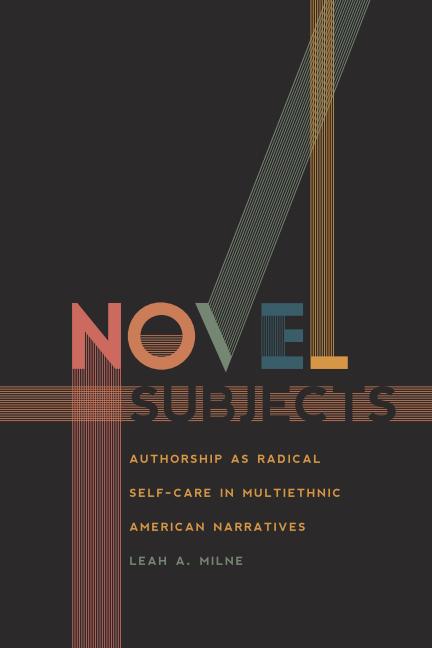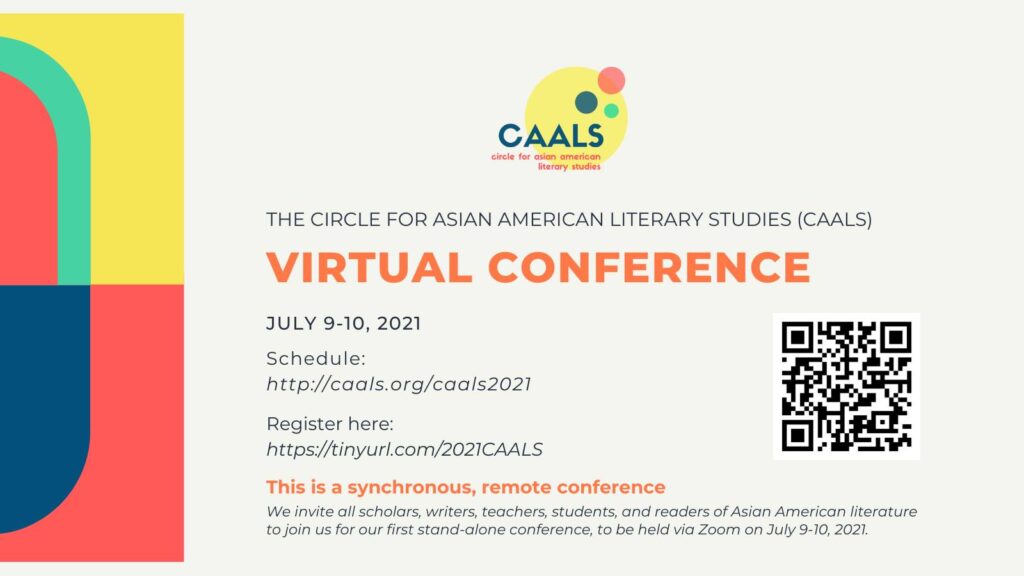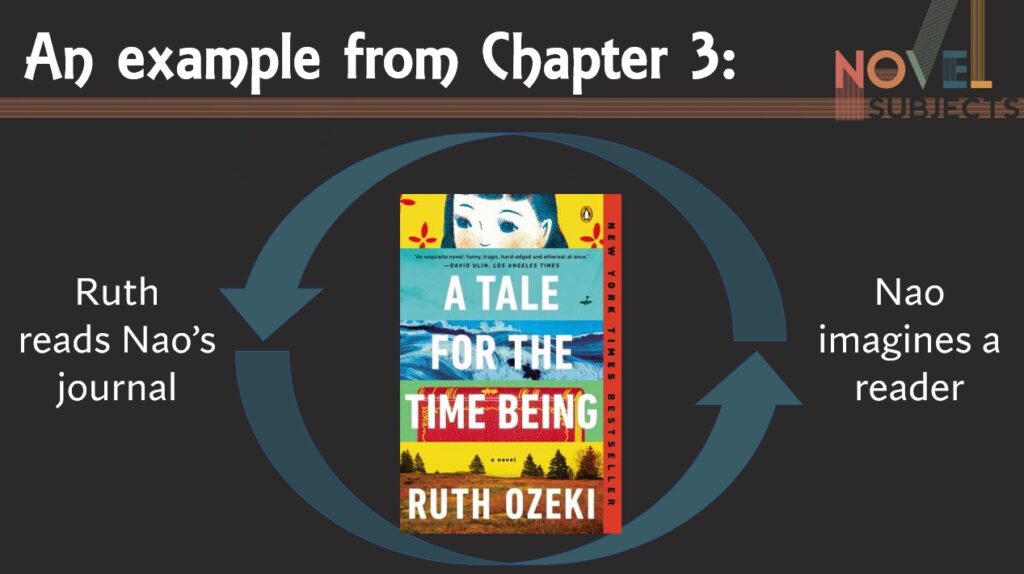As a scholar and fan of metafiction, I am often drawn to the dynamic and prolific work of author Percival Everett. His most famous metafictional novel is his 2001 erasure. The novel is about a writer named Thelonious “Monk” Ellison who finds his philosophical work outshone by what in many ways is its opposite–an in-your-face “urban” novel about a potentially caricatured form of Black life. (erasure is arguably his most famous novel of all, though his new ones get a lot of attention every time one comes out. And of course, his 2020 Telephone was a Finalist for the 2021 Pulitzer Prize for Fiction.)
I wrote about erasure and another metafictional novel, his 2013 Percival Everett by Virgil Russell, for the journal, African American Review.The article, entitled “Intimate Realities and Necessary Fiction in Percival Everett by Virgil Russell,” appeared in 2019. It would later form part of the basis for my book, Novel Subjects: Authorship as Radical Self-Care in Multiethnic American Narratives. In the fourth chapter, I read Everett’s work against that of Filipino American writer, Miguel Syjuco, and his 2008 novel, Ilustrado.
On to the new article!
My latest research on Percival Everett’s work is also my first foray into open-access publishing, which made it doubly exciting. You can find this article published in Humanities, an international peer-reviewed journal. The article is part of a special issue entitled “The Continuing Challenges of Percival Everett.” I believe you can download all of the articles in the issue here.
My contribution focuses on one of Everett’s many westerns, a 2005 novel entitled Wounded. The novel is deceptively simple on the surface, but the more I dug into it, the more I realized its interesting depths. My exploration began when I came across an interview where Everett was still working on the book and summarized it this way:
“The working title is Wounded. It’s a really naturalistic novel. My interest is in the form of a realistic novel. You have to love the form you’re working in, but I’m seeing what I can do.”
Percival Everett, in an interview with Joe Weixlmann (link)
You can find the full text of my article, entitled “Naturalistic Elements in Percival Everett’s Wounded” at this link!




